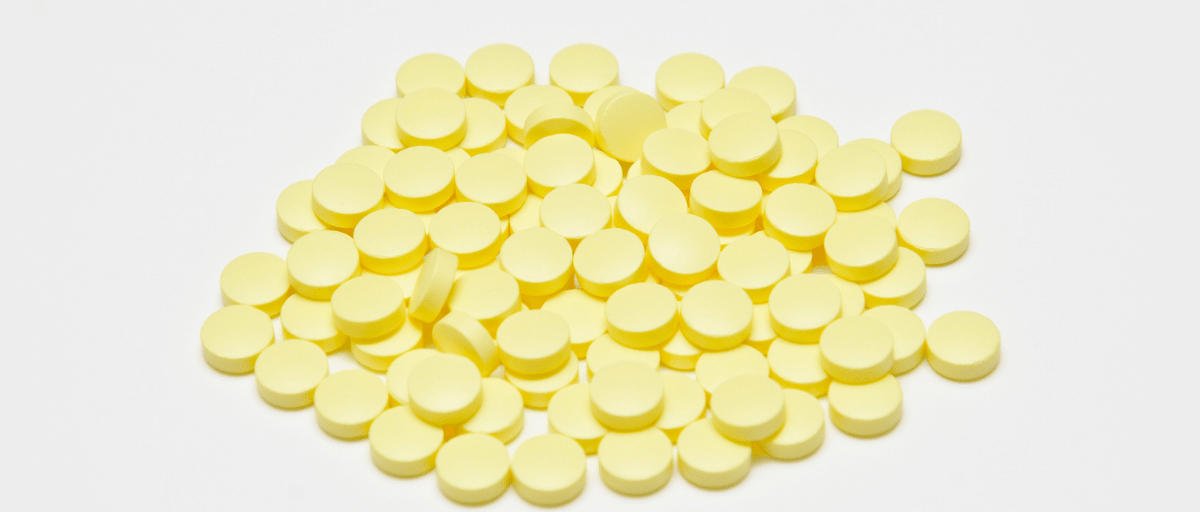Abacavir

Monopgraph
Therapeutic action
Abacavir is used in combination with other medicines to treat infection with human immunodeficiency virus (HIV). Abacavir belongs to a class of drugs called reverse transcriptase inhibitors nucleoside analogues (NRTIs). It slows the spread of HIV in the body. Abacavir will not cure HIV infection and may not prevent the development of disease associated with this virus. Abacavir will not keep you from spreading HIV infection to others.
Abacavir administration can cause severe hypersensitivity reactions, potentially fatal.
The genetic determination is indicated when the genotype of the patient is unknown even if there have been previous treatment with abacavir without its side effects. Do not use abacavir in case of positive result of genetic testing (carrier status * 5701 allele or SNP HCP5 study) or in cases of suspected hypersensitivity after starting the treatment. In this case do not repeat drug treatment in future.
Further information
NOTICE: The determination of the HLA-B*5701 marker was originally used, and it is still used today, as a marker for abacavir hypersensitivity. But since 2006, when Baker et al. described a complete linkage disequilibrium (r2=1.0) between the SNP: rs2395029 in the HCP5 gene of the HLA complex, located in the centromeric region of chromosome 6 in HLA-B and the HLA-B*5701, this marker has received priority, among other reasons for the possibility of being tested on saliva and oral mucosa samples in addition to blood, also considering that being a cell membrane marker it requires strict transport condition concerning time and temperature. This association was previously confirmed in a Genome Wide Asssociation Study (Fellay et al 2007).FDA in the drug label, recommends performing genetic tests before starting a treatment of abacavir, and is highlighted in the following sentence:Patients who carry the HLA-B*5701 allele are at high risk for experiencing a hypersensitivity reaction to abacavir. Prior to initiating therapy with abacavir, screening for the HLA-B*5701 allele is recommended; this approach has been found to decrease the risk of hypersensitivity reaction. Screening is also recommended prior to reinitiation of abacavir in patients of unknown HLA-B*5701 status who have previously tolerated abacavir. HLA-B*5701-negative patients may develop a suspected hypersensitivity reaction to abacavir; however, this occurs significantly less frequently than in HLA-B*5701-positive patients. Regardless of HLA-B*5701 status, permanently discontinue ZIAGEN if hypersensitivity cannot be ruled out, even when other diagnoses are possible. Following a hypersensitivity reaction to abacavir, NEVER restart ZIAGEN or any other abacavir-containing product because more severe symptoms can occur within hours and may include life-threatening hypotension and death. Reintroduction of ZIAGEN or any other abacavir-containing product, even in patients who have no identified history or unrecognized symptoms of hypersensitivity to abacavir therapy, can result in serious or fatal hypersensitivity reactions. Such reactions can occur within hours [see Warnings and Precautions (5.1)]. Lactic acidosis and severe hepatomegaly with steatosis, including fatal cases, have been reported with the use of nucleoside analogues alone or in combination, including ZIAGEN and other antiretrovirals [see Warnings and Precautions (5.2)].
Metabolism
Abacavir, in contrast with many other drugs, is not matebolized through the CYP450 enzymes. Instead, its main metabolic pathway for abacavir implies the ADH (alcohol dehydrogenase) enzime) which transforms abacavir into its 5’-carboxilic acid form and, later glucoronyl transferase for its conjugation with glucuronic acid. None of these compounds has any antiviral activity.
Other factors to consider
Abacavir interacts with alcohol because both are metabolized by ADH. Even though abacavir has no effect on the metabolism of alcohol,alcohol itself reduces the elimination of abacavir, increasing its AUC by 41%.
Conclusiones
The severity of the hypersensitivity adverse reactions implies that abacavir should not be used in patients showing symptoms of hypersensitivity or having an increased risk because it may trigger a severe, life threatening, reaction in a matter of hours. The increased risk conferred by theHCP5 (SNP rs2395929)polymorphism (or the *5701 haplotype), compared with the general, non carrier, population justifies performing a genetic test before starting a treatment with abacavir.
Bibliography
- de Bakker et al.(2006). A high-resolution HLA and SNP haplotype map for disease association studies in the extended human MHC. Nat Genet; 38:1166 –72.
- Fellay J, et al. (2007). A whole-genome association study of major determinants for host control of HIV-1. Science; 317:944 –7.
- Colombo S. et al. (2008). The HCP5 Single-Nucleotide Polymorphism: A Simple Screening Tool for Prediction of Hypersensitivity Reaction to Abacavir. The Journal of Infectious Diseases 2008; 198:864 –7.
- Rodriguez-Novoa S et al (2010). Use of the HCP5 SNP to predict hypersensibility reactions to abacavir:correlation with HLA-B*5701. J Antimicrob Chemother; 65(8): 1567-9.
- Galván CA (2011). Rapid HCP5 SNP genotyping: A simple Allele-specific PCR method for prediction of hypersensitivity reaction to Abacavir. Clin Chim Acta; April 14. (epub ahead of print).
- Mallal S et al (2008). HLA-B*5701 screening for hypersensitivity to abacavir. N Engl J Med. 358(6):568-79.
- Hughes AR et al (2008). Pharmacogenetics of hypersensitivity to abacavir: from PGx hypothesis to confirmation to clinical utility. Pharmacogenomics J. 8(6):365-74. Epub 2008 Mar 11.
- Hughes CA et al (2008). Abacavir hypersensitivity reaction: an update. Ann Pharmacother. 42(3):387-96. Epub 2008 Feb 26.
- Rodríguez-Novoa S et al (2007). Value of the HLA-B*5701 allele to predict abacavir hypersensitivity in Spaniards. AIDS Res Hum Retroviruses; 23(11):1374-6.
Additional information
Juan Sabater-TobellaDoctor of PharmacyEuropean Specialist in Clinical ChemistryAnd Laboratory Medicine (EC4)
Last modified: Sep 6, 2017 @ 09:59 am